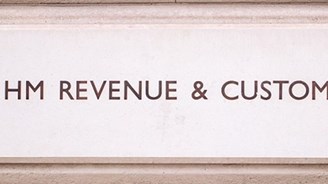HMRC administrative changes

In the 2014 Budget the Chancellor of the Exchequer announced that, in response to the recommendations of the OTS, the Government would launch a package of four related consultations on employee benefits in kind and expenses.
The four areas of consultation were:
- The abolition of the £8,500 threshold. This will take place in April 2016.
- Introducing a statutory exemption for trivial benefits in kind. The start date is unknown.
- Replacing the current system of dispensations for reporting non-taxable expenses with an exemption for expenses paid or reimbursed by employers. This will start in April 2016.
- Introducing a system of voluntary payrolling for benefits-in-kind. This will start in April 2016 in respect of certain benefits.
Dispensations
Probably the most important of these changes is the abolition of dispensations.
From 2016/17, dispensations will be abolished and replaced with statutory exemption for specific payments.
New exemptions
No liability to income tax arises in respect of expense payments paid or reimbursed (amount A) by a person to an employee (whether or not an employee of the person) in respect of expenses if an amount equal to or exceeding amount A would, ignoring this section, be allowed as a deduction from the employee's earnings under Chapter 2 or 5 Part 5 ITEPA 2003 in respect of the expenses and the payment or reimbursement is not under salary sacrifice arrangements.
This would include travel and subsistence and professional fees and subscriptions.
In addition, no tax liability arises in respect of an amount paid or reimbursed by a person to an employee (whether or not an employee of the payer) in respect of expenses if:
- the amount has been calculated and paid or reimbursed in an approved way (i.e. under relevant regulations issued by HMRC or under new s289B ITEPA 2003);
- the payment or reimbursement is not under a salary sacrifice arrangement; and
- Conditions A and B are met.
Condition A is that the payer or another person operates a system for checking that the employee is incurring and paying amounts in respect of expenses of the same kind and that a deduction would be allowed under the above exempt headings e.g. travel.
Condition B is that neither the payer nor any other person operating the system knows or suspects, or could reasonably be expected to know or suspect, that the employee has not incurred and paid an amount in respect of the expenses or that a deduction as above would not be allowed.
A person will be able to apply to HMRC for approval to pay or reimburse expenses of employees at a rate set out in the application. HMRC can agree (an approval notice) if they are happy that the payment is a reasonable estimate of the amount of expenses actually incurred.
This system puts greater emphasis on employers and you may wish to start clarifying your clients' expenses policies in advance of these changes.



